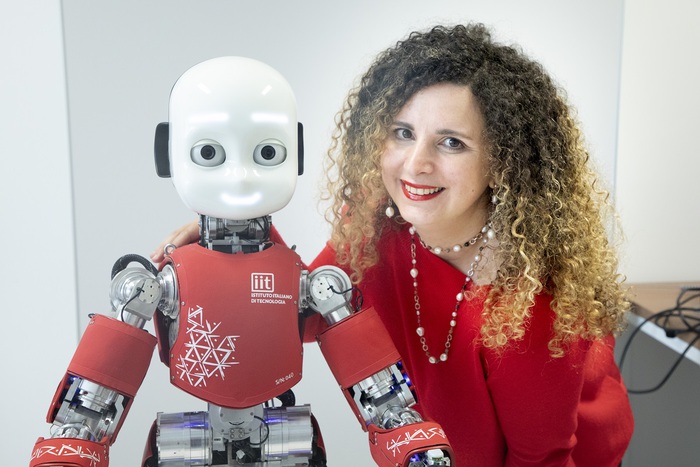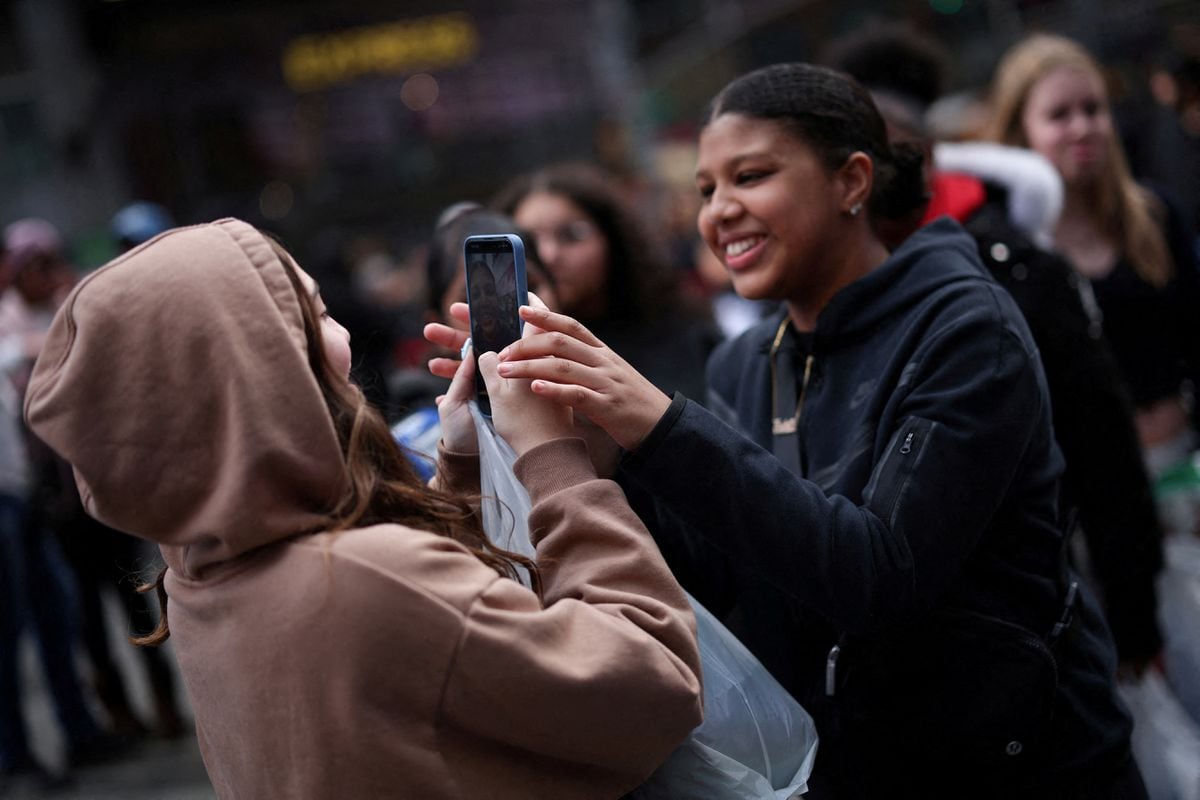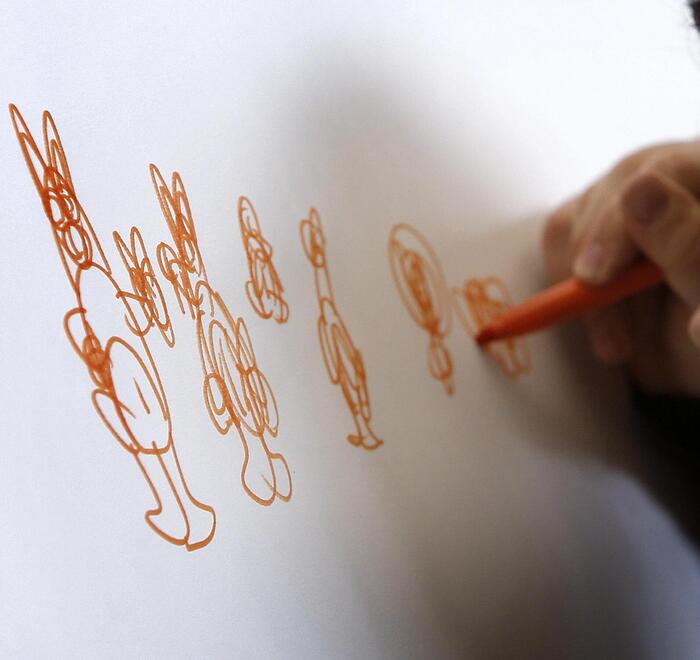Up to the age of 8 children believe more in themselves than in adults, only from the age of 10 do we begin to give credit to complacent adults.
This is what emerges from a study, created for the study of interactions between humans and robots, coordinated by the Italian Institute of Technology (Iit) and published in Royal Society Open Science.
To develop robots that will be able to interact with us in the future, it is first of all necessary to understand the most intimate mechanisms with which we define our social relationships: it is from this assumption that the work of the IIT researchers involved in the European project Whisper (investigating Human Shared PErception starts). with Robots) coordinated by of Alessandra Sciutti.
“Various studies - said Sciutti - highlight that in the interactions between humans we tend to pay more attention to those who give us more credit, they are mechanisms that we use to have a sort of social benefit, it assures us benevolence.
In other words, we are complacent with those who show us reciprocity.
It is a known phenomenon among adults but much less is known about children ”.
The researchers focused precisely on this, carrying out a series of tests in which 65 children of 6, 8 and 10 years were compared with adults and quantitatively measured their 'tendency' to trust adults, in particular of their authority and competence. “It emerged that the little ones, up to 8 years old, tend to be not very complacent, they trust themselves more than adults, regardless of their behavior. From the age of 10 on the other hand - added the researcher - an attitude similar to that of adults emerges, ie they give more importance to the opinions of adults if adults give them credit ".
The study is part of a larger project that aims to analyze the psychological mechanisms that determine trust in each other, between humans and humans as well as between humans and robots.
These are still preliminary studies from which, however, interesting elements are already emerging, for example we tend to consider a computer more competent than a humanoid robot (even if perfectly identical in the evaluations).
"For us who deal with robots that have to interact with people - concluded Sciutti - it is very important to start from psychology models and then implement them on robots to test them".















